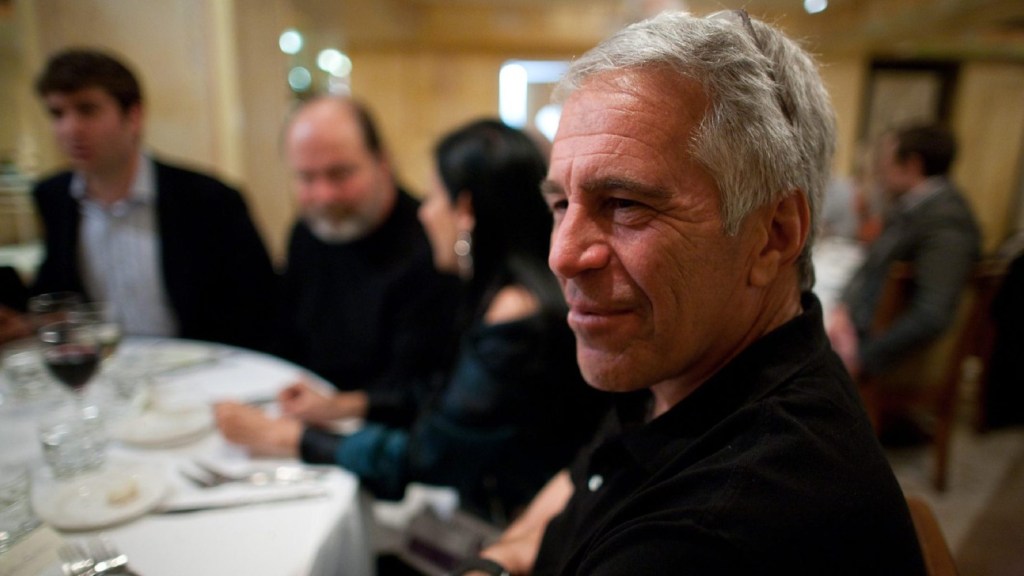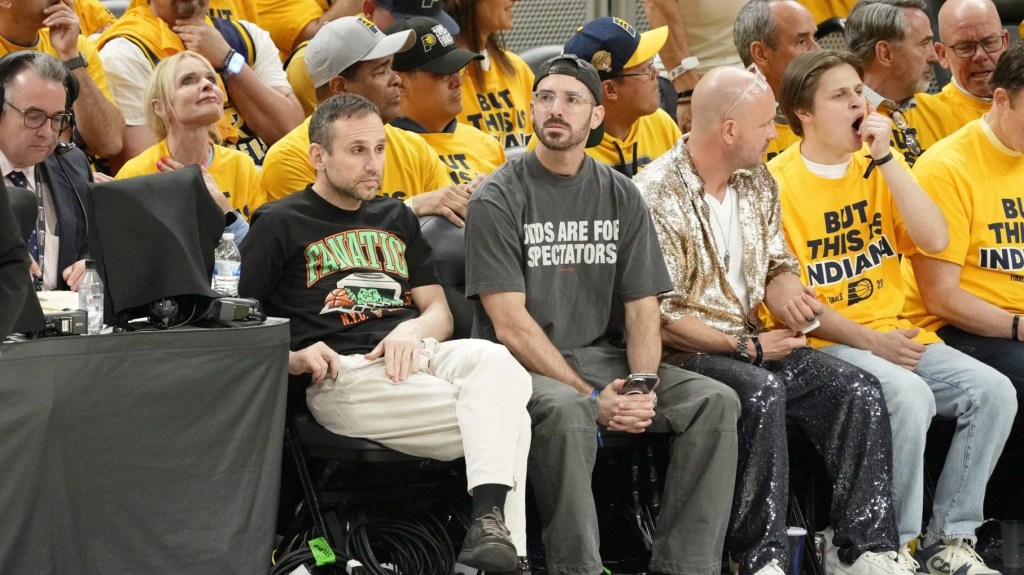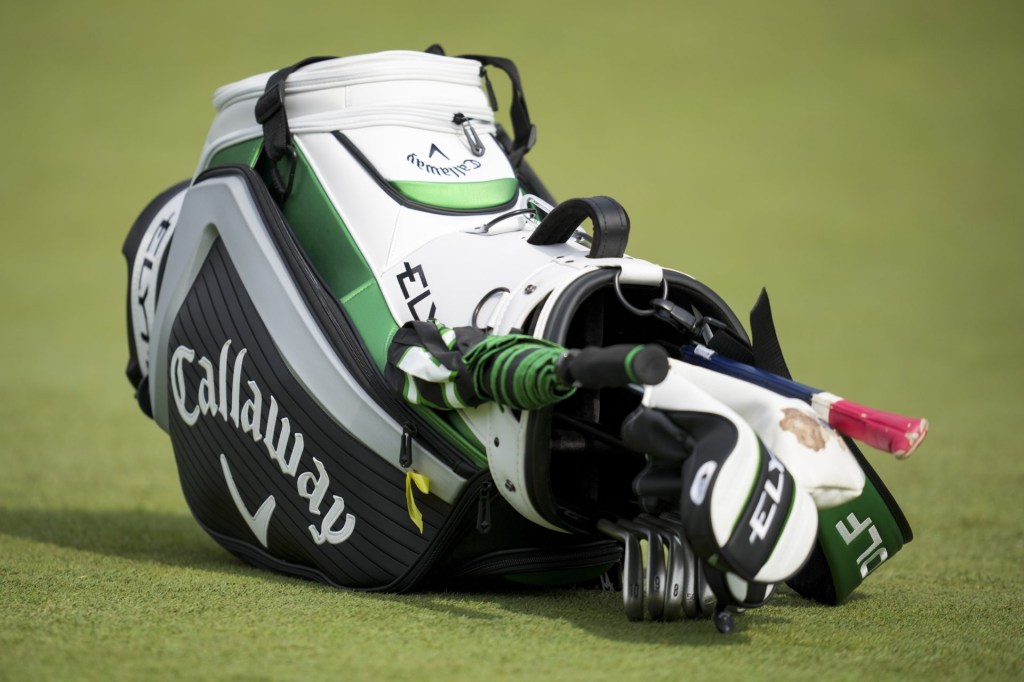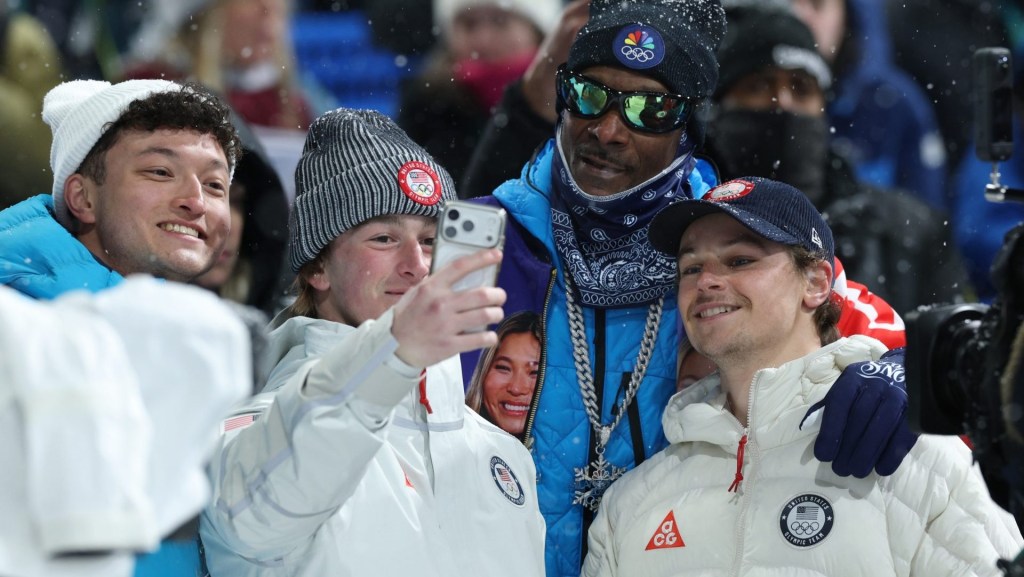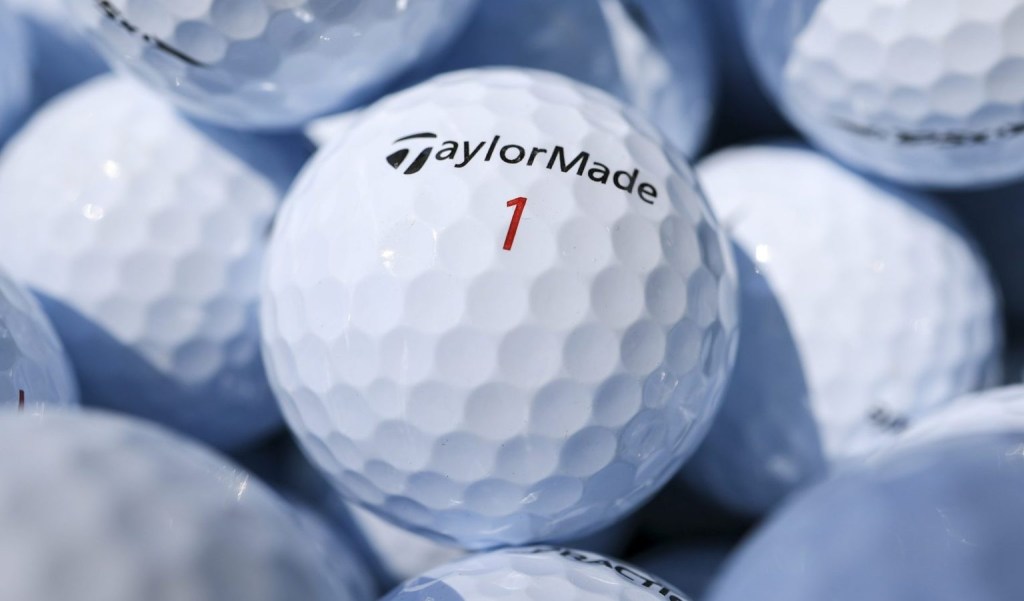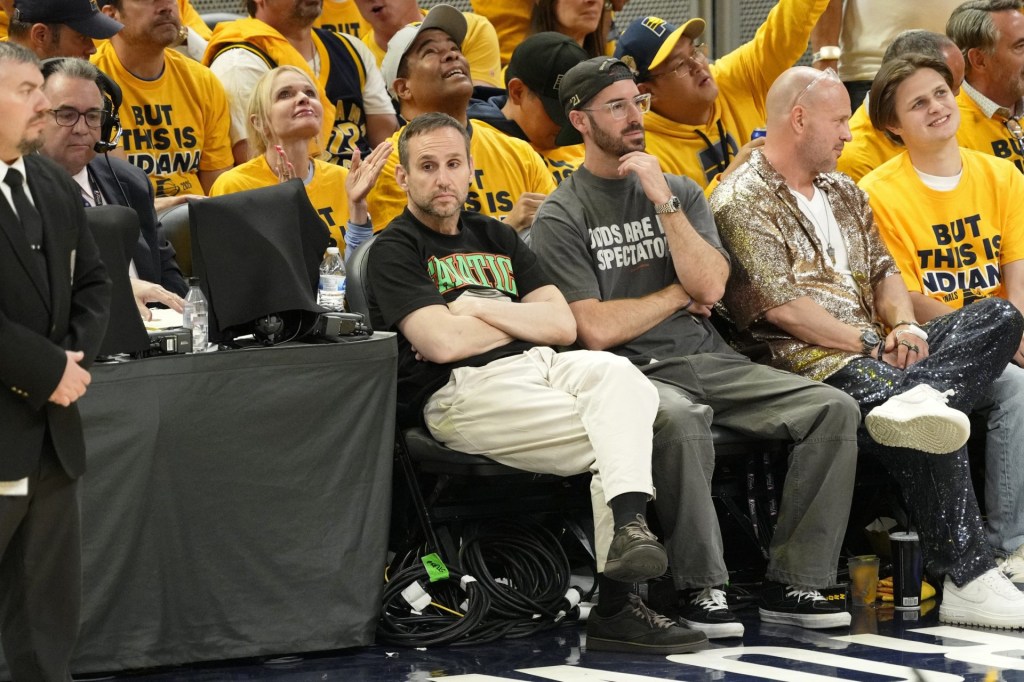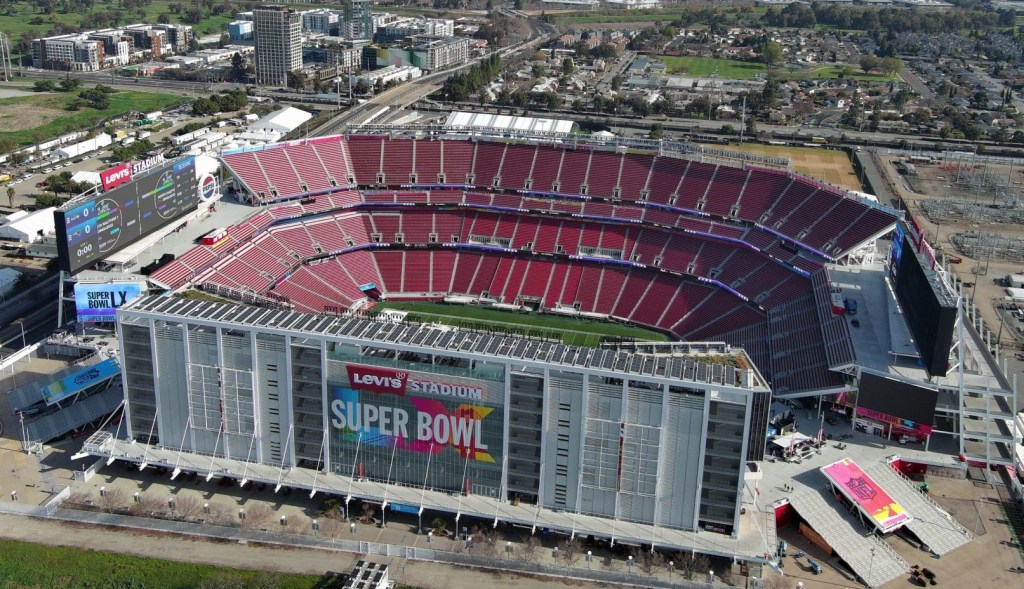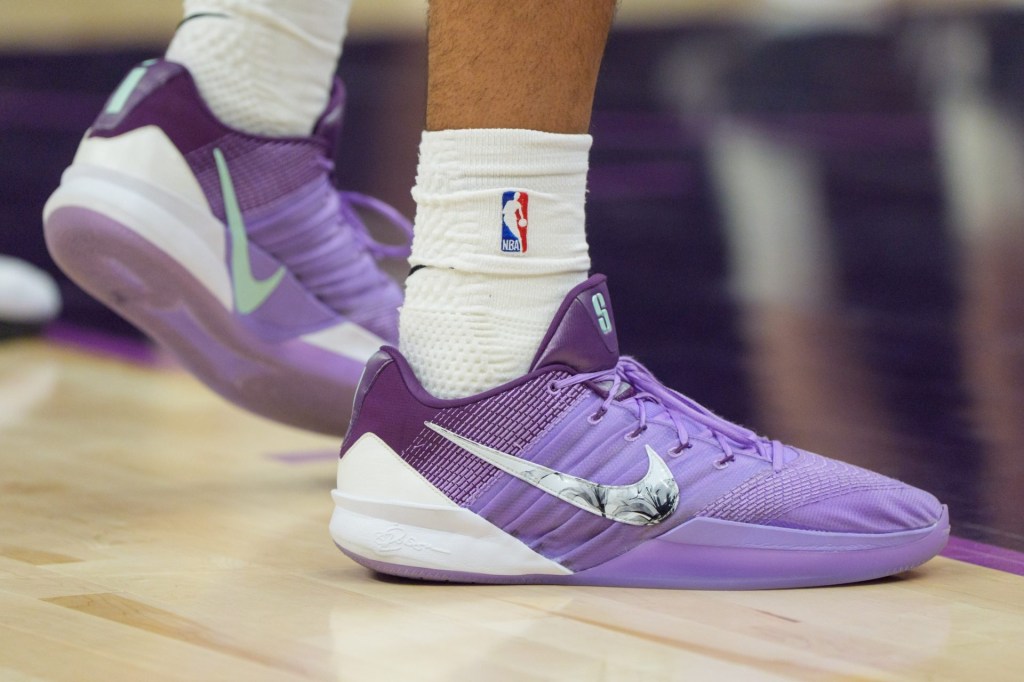The biggest brands in the sports apparel space didn’t jump into the name, image, and likeness era immediately.
The landscape had a patchwork of laws, school rules, and a lack of uniformity. It was unclear how much return on investment a company would actually receive from an athlete, and whether athletes could sign with team sponsors’ competitors.
Last summer, “all of our schools were looking at us, like, ‘What are you going to do?’” Jeanne Schneider, Adidas director of NCAA marketing and licensing, told Front Office Sports at the company’s NIL launch event in New York City.
By the one-year mark, all three of the top apparel brands in college sports — Nike, Under Armour, and Adidas — had not only begun to sign deals, but also crafted strategies that spanned from sprawling ambassador programs to high school endorsements.
While they all declined to tell FOS how much they’re spending, it’s clear they have made a major investment in NIL.
Adidas
In March, Adidas announced an NIL strategy that more closely resembled a campus ambassador program than a high-level endorsement: All 5,000 athletes who played for Division I Adidas teams were eligible to strike deals.
The brand said it would focus on women’s sports and HBCU athletes first. Stanford golfer Rose Zhang, who notably plays for a Nike school, was its first endorsement.
But Adidas’ biggest NIL move came on Tuesday evening, when it hosted an event at its New York City office complete with a red carpet, open bar, DJ booth, rooftop cocktail hour, and panels with icons like Billie Jean King.
The purpose: to introduce the brand’s first NIL class, chosen in honor of the 50th anniversary of Title IX. Fifteen women’s sports athletes from seven sports, ranging from HBCUs to Power 5 programs, were called to the stage and heralded as the next generation of Adidas athletes.
In choosing players, Adidas wanted not just athletes who were stars on the field, but who “understand their platform, and were already using that platform for good,” Schneider said.
The program, which gives athletes access to a mentorship program spearheaded by WNBA star Candace Parker, aims to help athletes work on their future careers — whether they’re in professional sports or not.
“We want to support these athletes in each of their individual journeys,” Schneider said.
Under Armour
Under Armour took a more understated approach, but to date, it’s signed the highest number of athletes — almost 100 from 10 schools, seven conferences, and nine sports.
The program began to take shape last winter. “We don’t see ourselves doing, like, shoe deals or things like that,” Charece Williams Gee, Under Armour’s senior director and head of sports marketing and partnerships, told FOS in a video interview. Instead, the brand created two partnership tracks: an integrated partnership and a brand ambassadorship.
One of three integrated partnerships was announced in April featuring South Carolina stud Aliyah Boston. Boston was a no-brainer — she’s not only a Player of the Year and NCAA champion, but also a player on an Under Armour team.
Integrated partnerships, Gee explained, are longer-term deals aimed at “leveraging an athlete’s passion.” Boston, for example, ran a basketball camp in her hometown of St. Thomas, Virgin Islands, to help bring more women’s hoops resources to the area.
The brand ambassadorships, on the other hand, are shorter-term deals aimed at content creation. They’re “things that we have done with pro athletes, but giving student-athletes a sneak peek,” Williams Gee said.
While playing for an Under Armour school is a plus, it isn’t a requirement. Williams Gee said that some athletes who have values that align closely with their brand can still forge a meaningful partnership.
Nike’s NIL
Nike’s program is the most selective — though they, too, range from women’s sports to HBCUs.
Nike’s first athlete was UCLA soccer star Reilyn Turner, who announced a deal with the brand in December. At the time, Nike stressed that Turner’s partnership — as well as future ones — would focus on social impact work important to athletes. In May, the company announced its first Nike Golf athlete: Stanford’s Rachel Heck.
A few days later, the brand made inroads into a curious space: high school NIL. Nike isn’t the first but has certainly appeared to make the biggest investment — perhaps recognizing the major following and popularity of grassroots basketball stars anointed by companies like Overtime and Slam.
It inked partnerships with twins Alyssa and Gisele Thompson, two of the most promising soccer players in the U.S. who currently attend the sports powerhouse and swanky private school Harvard Westlake in Los Angeles — and who are also committed to Stanford.
Last week, the company’s sub-brand Nocta — created in collaboration with Drake — announced not only a basketball line, but also a deal with five-star guard DJ Wagner. Wagner is reportedly deciding between Kentucky (a Nike school) or Louisville (Adidas).
Nike was unable to make an executive available for this story and didn’t provide responses to the majority of FOS’ questions sent via email.
It did, however, provide the following statement in part: “Nike has always been honored to partner with athletes who share its belief that sport can break barriers, push limits, spark change, and contribute to creating a more equitable future.”
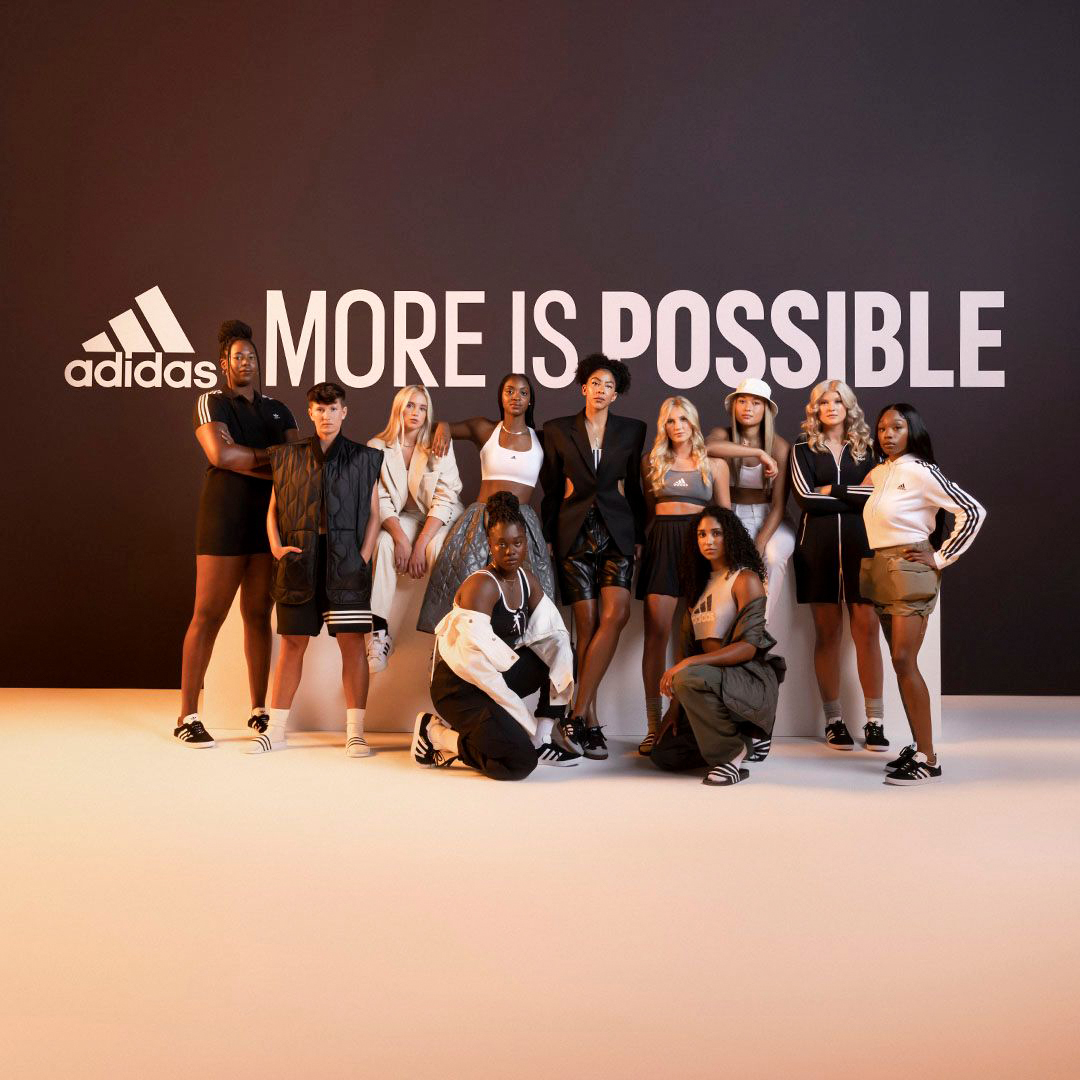
![[Subscription Customers Only] Jul 13, 2025; East Rutherford, New Jersey, USA; Chelsea FC midfielder Cole Palmer (10) celebrates winning the final of the 2025 FIFA Club World Cup at MetLife Stadium](https://frontofficesports.com/wp-content/uploads/2026/02/USATSI_26636703-scaled-e1770932227605.jpg?quality=100&w=1024)

